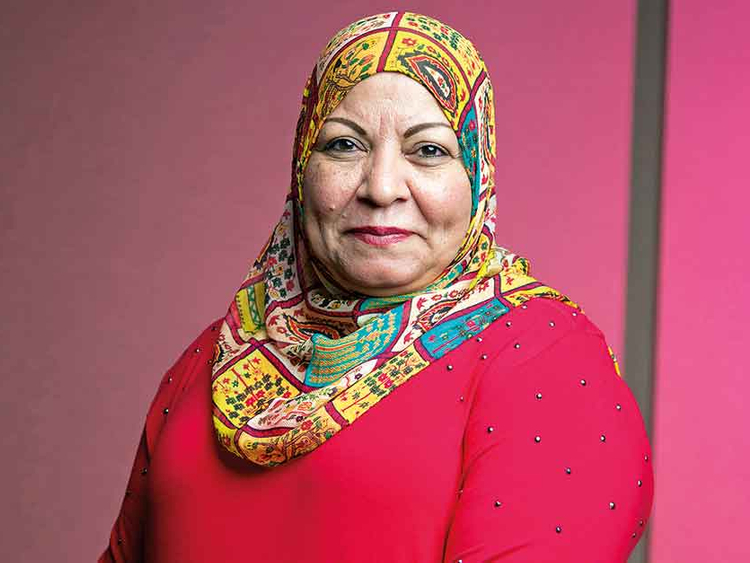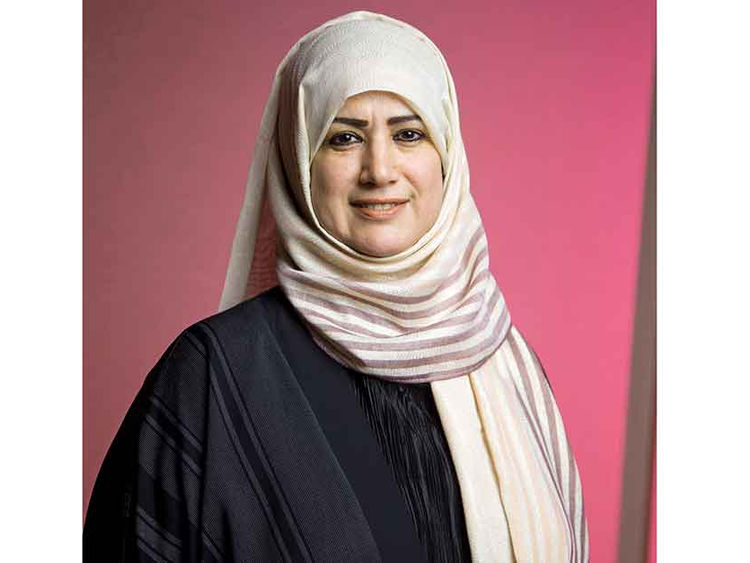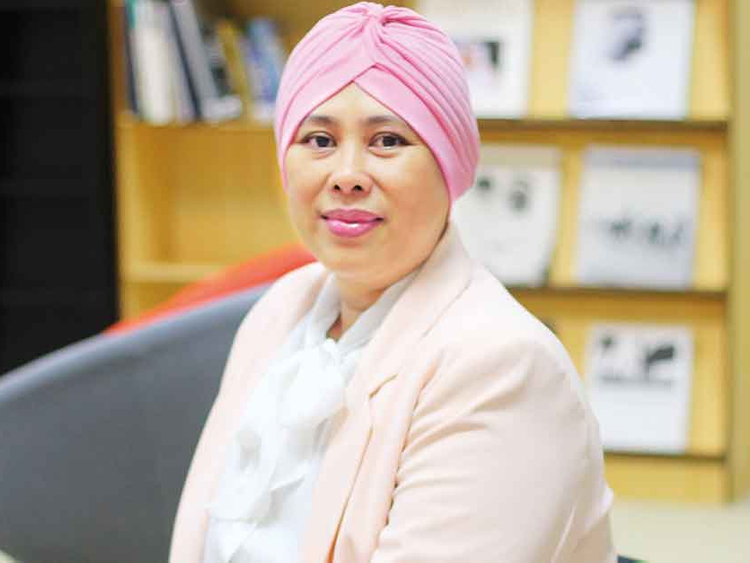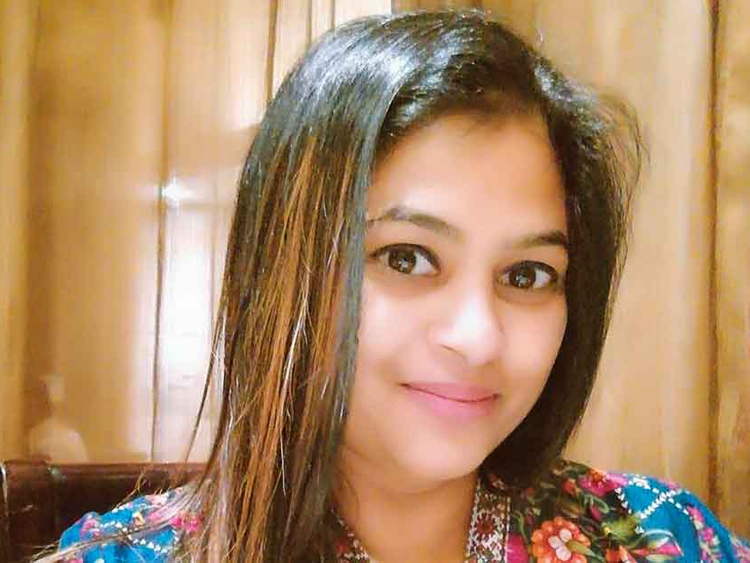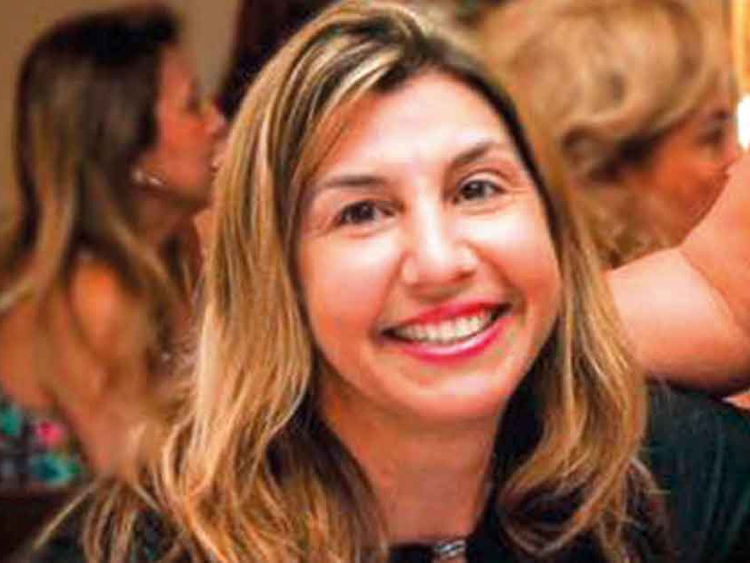Nadia N.M., 62, Egyptian, homemaker
You do not have to wait for a tumour to develop to get checked for breast cancer. Many people wait to feel a lump to have a mammogram. You do need to check yourself from time to time. I discovered my illness through self-examination, but regular check-ups can save a lot of trouble.
I was diagnosed with stage 2 breast cancer at the end of 2011. I lost my husband to breast cancer as well, which prompted me to get a check-up. This illness is rare in men but it had happened and it made me aware of the situation and pushed me to do a self-examination. When I felt a kind of a tumour and went to the doctor, it turned out I really had breast cancer.
I’m very religious and a strong believer in God. And I knew I had to be strong. Normally, in the Middle East it’s not easy to be in this condition as there is no awareness. When people have cancer they think it’s the end of the world. Being a part of the Friends of Cancer Patients organisation helped a lot.
I went through a big dose of chemotherapy — six sessions, followed by radiation and now I have to continue with drugs that are given after the sessions. I want people to know that there are very good medical treatments available now, so if you’ve been diagnosed with cancer you must not be disheartened. Our scars are something that we need to live with for the rest of lives so we need accept them with courage.
Being in this situation will give you a lot of experience and a lot of stories to tell. You have to know that every survivor is a hero.
Nahla N.S., 52, Syrian, homemaker
It’s a huge challenge for those suffering from breast cancer to deal with how society looks at us. We’re made to feel like we are sick and dying. Everyone looks at us with pity. I know people have good intentions but it worsens the situation.
I was diagnosed with stage 3 breast cancer in 2014. I felt some pain in my breast and under my armpit — I examined the area myself, and felt a lump. At the clinic, my worst fears were realised. The tumour was 7cm in size, so it was not something minor.
I was in shock. I thought undergoing chemotherapy would be similar to a near death experience. I was emotionally completely drained. I had chemo sessions every week for six months, and hormonal pills afterwards.
Friends of Cancer Patients (FOCP) gave us strength. We don’t have our families here, so many of us need help. FOCP organised an umrah for me as well as trips to parks to lighten my mood. My own self belief also gave me the power to beat cancer.
If I could go back in time I’d want to slap myself. I remember being so sad when diagnosed; now I realise that there was no point in crying. We just need to move ahead and be strong.
I advise people with the same condition to be proud of what you are going through. God made you a special individual, so don’t let it take away anything from you. Talk to your family, and know your family history, as it will help a lot.
Dr Sharon Mendoza-Dreisbach, 48, Filipino, Assistant Professor
The breast is an organ that many consider to be sacred, which is why discussing cancer is considered a stigma. A woman doesn’t discuss it openly out of fear, out of a sense of denial, and because some consider it to be a shame for the family.
I never bothered to get tested as I thought it doesn’t run in our family. Not until October 2015, when I felt a sudden severe pain running from under my arm through my breast. I went to a hospital in Ajman where the surgeon told me to do a mammogram and breast ultrasound, which showed Category 5 Highly Suggestive of Malignancy. In utter disbelief, I went to my gynaecologist who referred me to the hospital in Al Ain. Tests there showed the same result. My insurance wasn’t accepted in Al Ain, so the surgeon referred me to NMC Specialty Hospital in Abu Dhabi where I was treated by Dr Mohanad Diab and Dr Balaji Balasubramaniam.
When I heard stage 3 breast cancer, I immediately thought of my sons. I’m divorced twice and both marriages were extremely traumatic. I told Allah not to leave me because I’m a single parent and my sons are still studying and they need me.
Being receptive from day one of my battle gave me determination and positive energy that I am going to win this fight. My advice to other women that are single/divorced and who are going through a similar ordeal is to be brave and learn to stand with head held high. Never give up. Don’t lose hope. Be the best inspiration to people around us.
Sunita Kewal, 41, Indian, homemaker
When people come to know you have breast cancer, they make comments about your breasts. Some bluntly ask, “So how come you still have breast? They did not remove it or you have put a padding.” This is annoying and one reason many women remain silent about the disease.
I found out I had breast cancer in July 2015. I’ve had issues with my breast ever since my daughter was five years old. My right breast had fibroids and I was later diagnosed with cancer. As I had health issues, I did full body check-ups every year and therefore caught the cancer very early.
Since it was diagnosed in time, I didn’t require chemotherapy. I had a lumpectomy with reconstruction and radiation. I am on Tamoxifen for ten years.
My family and my pet gave me strength to fight the battle gracefully. The situation has made me a better person. Earlier, I’d crib about my husband not being expressive, but during my illness, his immense care made me change my perception. Also, I saw my daughter turn into a responsible child.
I advise all women to go for yearly check-ups and that too at a specialised radiology centre. I had a mustard-sized tumour that was not detected in a free screening in Dubai, but an exam in India one month later discovered it.
I suggest that women make a decision about breast reconstruction before deciding on surgery. I saw many women get depressed, losing their self-esteem and feeling their husbands had lost interest in them because their doctors didn’t counsel them properly about the significance of breast reconstruction.
Carla Cardoso de Oliveira, 49, Brazilian, homemaker
Sometimes, close friends discourage you the most. After my first chemo, a friend told me that I would need a psychologist, another talked about my hair falling out and a third said I’d be bedridden afterwards! To avoid such talk, people do not speak about their disease openly.
I was diagnosed with stage 2 breast cancer in 2012. I’d had silicone implants in Brazil in 2009. At the time, my husband noticed a little lump. We checked with a doctor, who advised mammography. But I was afraid and didn’t do it until 2012 when the lump was bigger and painful.
My husband went into depression during the time of my illness. He couldn’t accept that his wife would suffer so much and he felt I was going to die. I had faith in God and knew I would overcome this. I told myself this is a difficult period, but it will not last forever.
I did my treatment in Dubai. I was advised a mastectomy, but opted for a lumpectomy. After five cycles of chemotherapy and 37 radiation sessions, I am on drugs for another five years.
I would advise women to do their regular check-ups and do what the doctor says. I didn’t pay attention to the little lump that led to cancer growth over three years.


